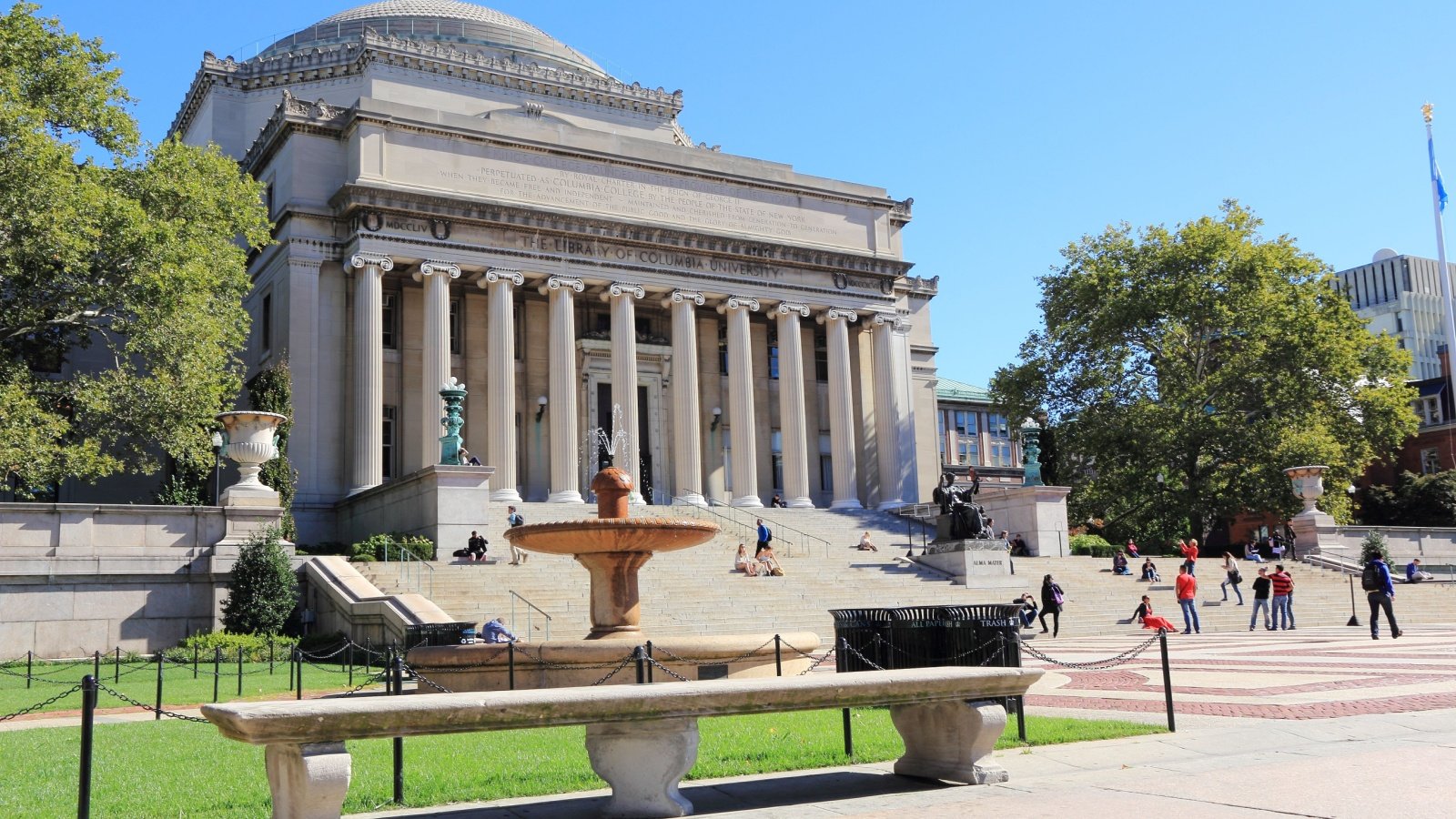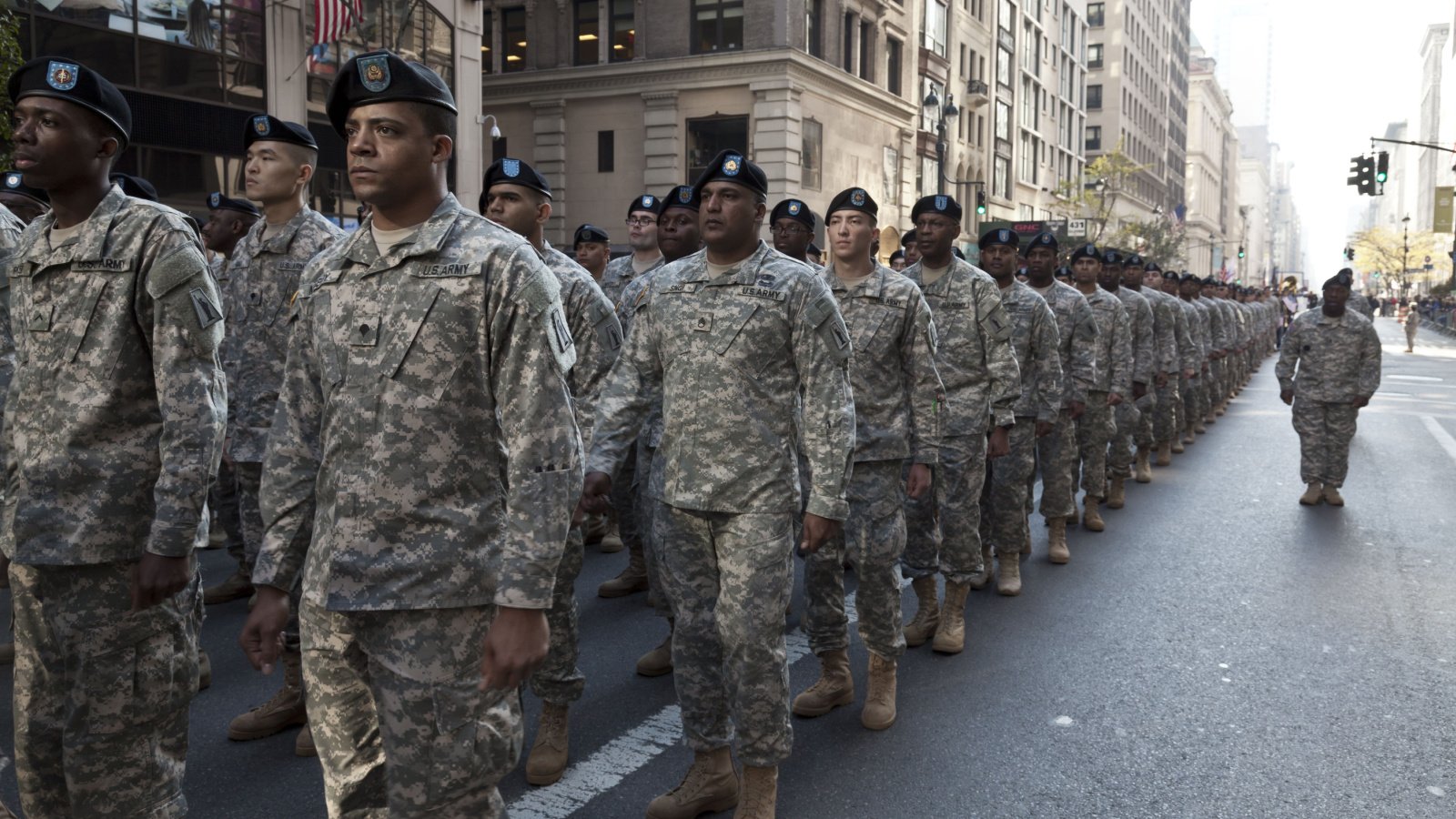The current polarity of American politics is at its worst since the Civil War. Growing partisan animosity and controversial political figures fuel the flames of discord. Here are the most contentious phrases that trigger the divide between the left and right in the “United” States.
Us vs. Them

This phrase encapsulates the polarization in America, creating an immediate division between groups. It simplifies complex issues into binary choices, eroding the middle ground. The use of “us vs. them” creates rivalry rather than unity.
Fake News

Originally a term for deliberate misinformation, “fake news” has evolved into a label for credible reporting that some individuals disagree with, reflecting deep distrust in the media. The phrase challenges the very notion of objective truth.
The 1%

Referring to the wealthiest Americans, “the 1%” highlights economic inequality and the perception that the rich are disconnected from the struggles of the average citizen. It’s a rallying cry for discussions on wealth distribution.
Take Back Our Country

This phrase suggests a past some people perceive as better or more just, appealing to those who feel their values are under siege. However, it can alienate and concern those who see progress in society.
Social Justice Warrior
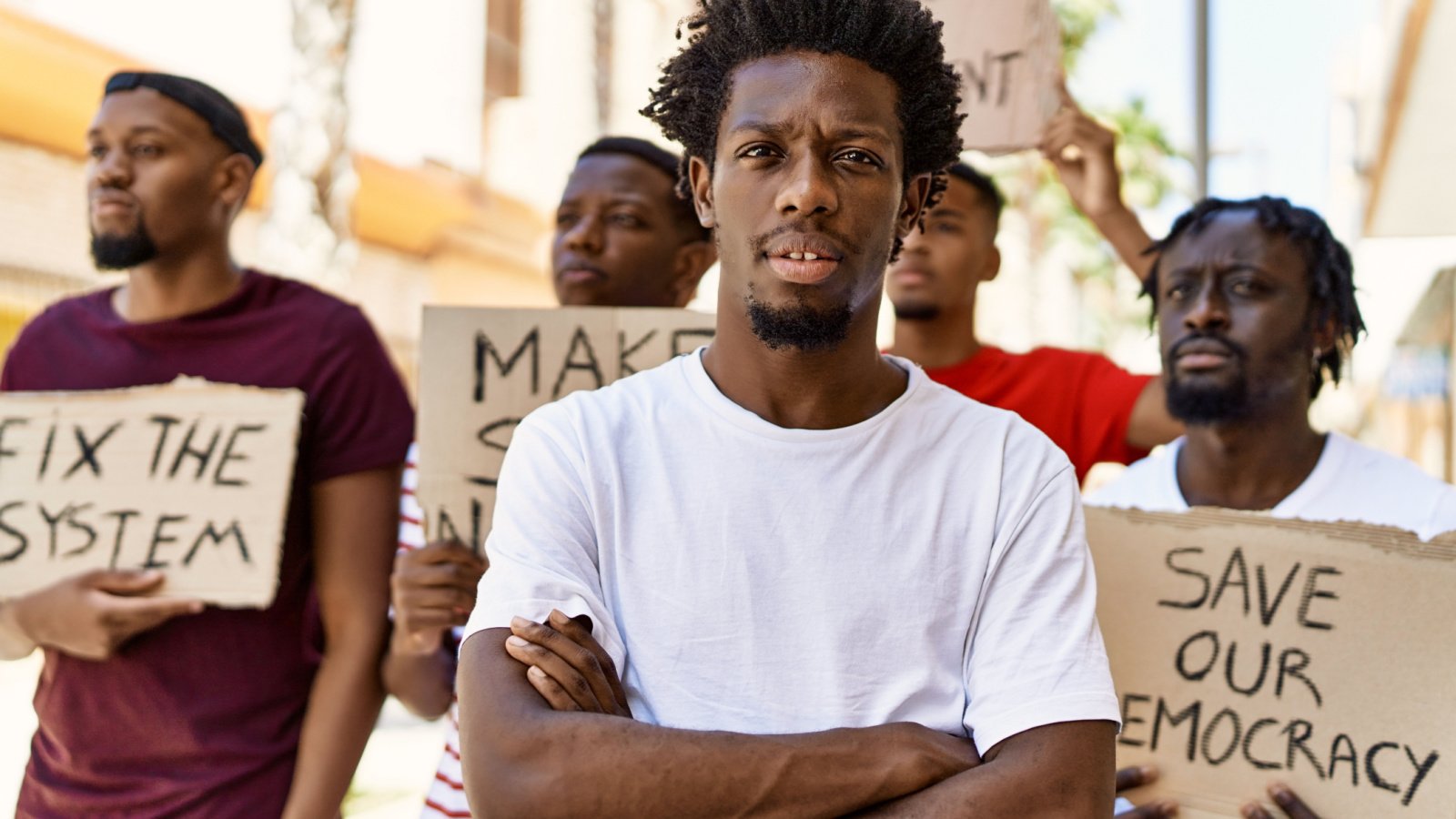
Used to describe activists, it implies an overzealous or superficial approach to advocacy. While some wear the label proudly, others see it as an attack on genuine efforts to address social inequalities.
All Lives Matter

In response to the Black Lives Matter movement, this phrase emerged to criticize what some perceive as a narrow focus on racial issues. However, it’s seen by others as dismissing the specific challenges faced by Black Americans.
Drain the Swamp
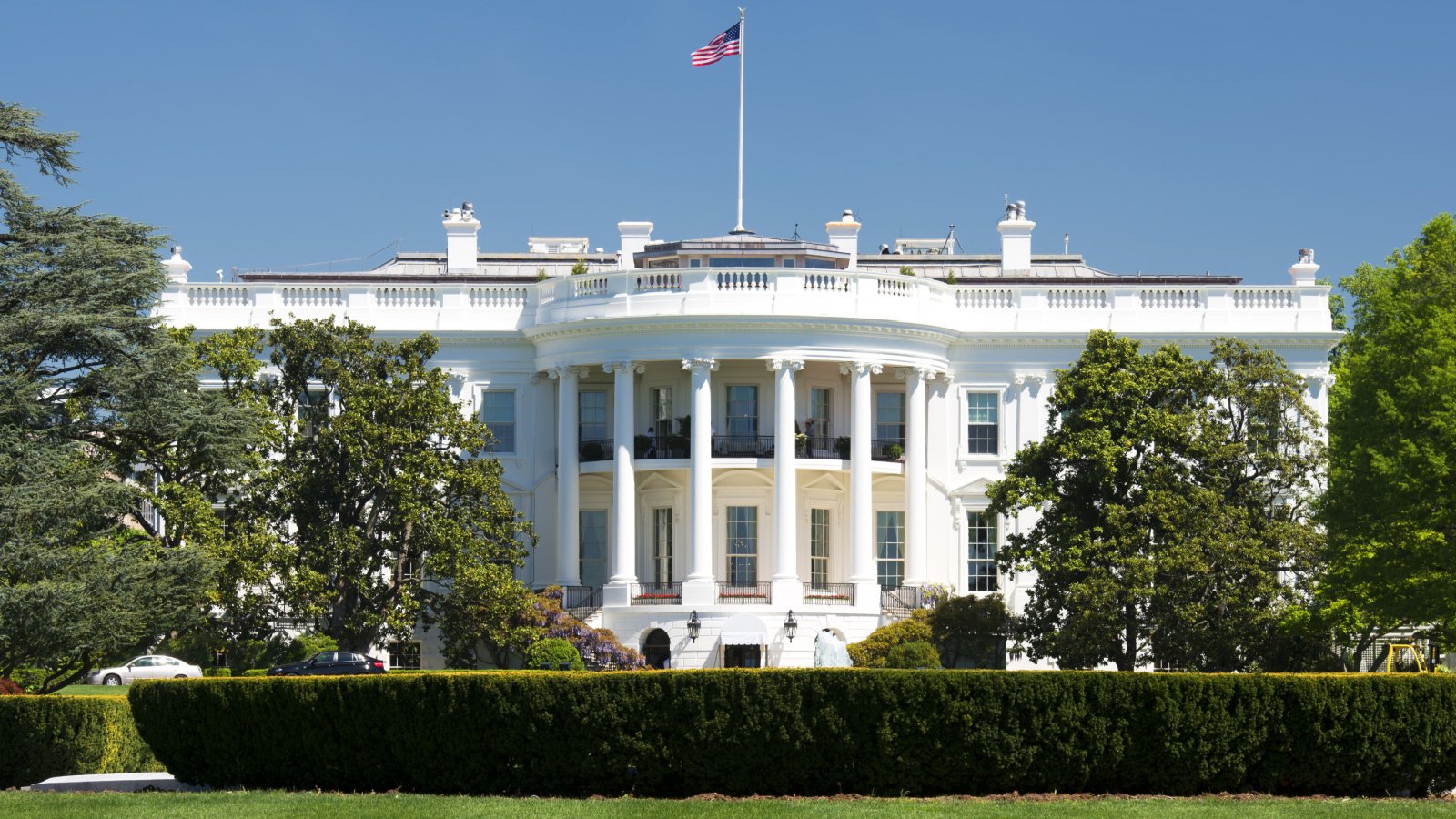
Meant to signify the desire to remove corruption from Washington, D.C., it resonates with those frustrated by political elites. Yet, critics argue it’s often used to target opponents while overlooking misconduct by allies.
Defund the Police

This slogan ignites the debate about redirecting funds from police departments to social services. Supporters see it as a step toward justice reform, while opponents fear it undermines public safety.
Triggered

Originally denoting a psychological reaction to trauma, “triggered” is now also mockingly used to suggest someone is overly sensitive or quick to take offense. This dual use reflects broader arguments about mental health awareness and free speech.
Build the Wall
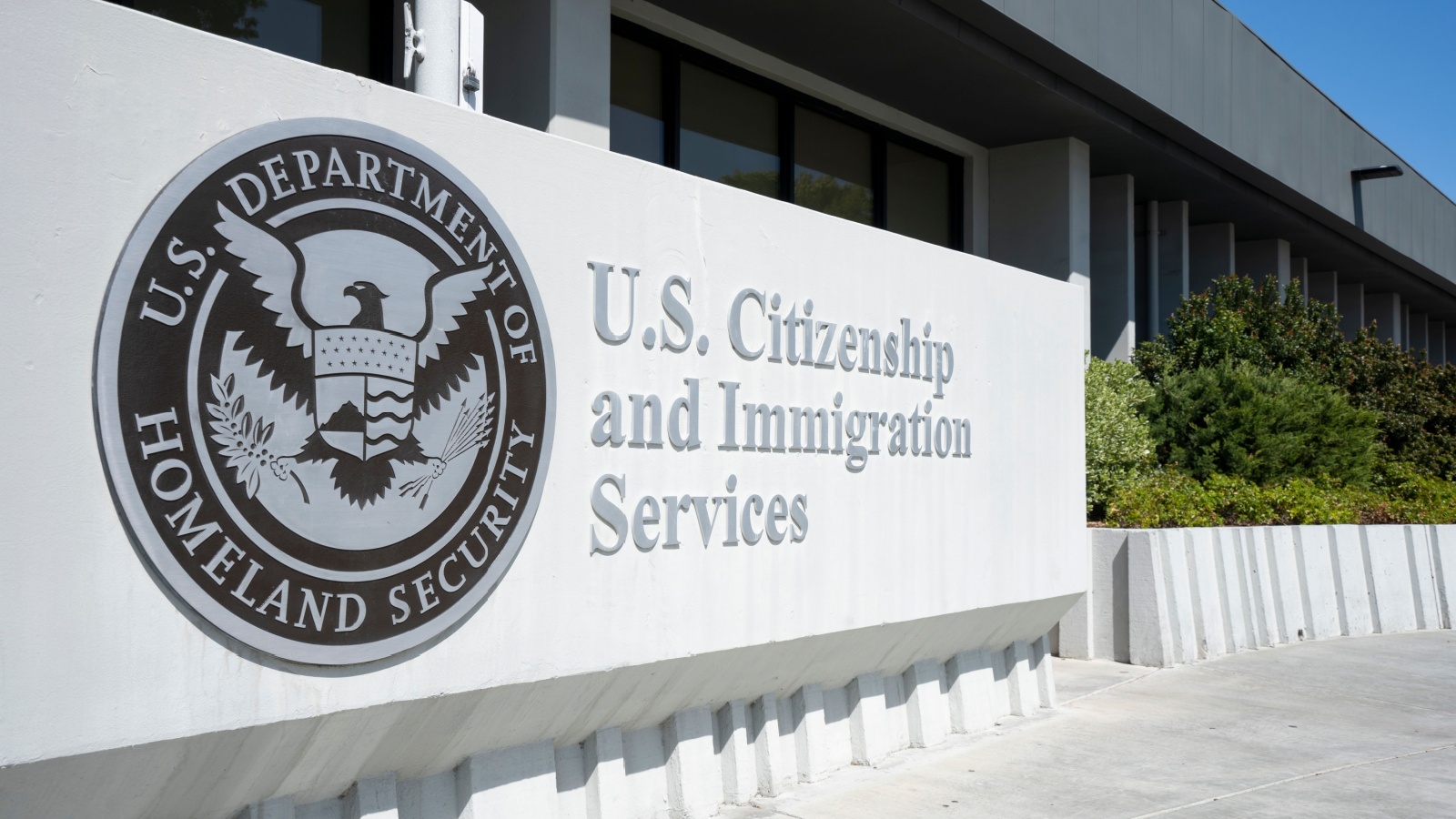
Symbolizing strict immigration policies, this phrase divides those who advocate for border security from those who see it as emblematic of xenophobia. It embodies the national conversation on immigration, sovereignty, and human rights.
Woke
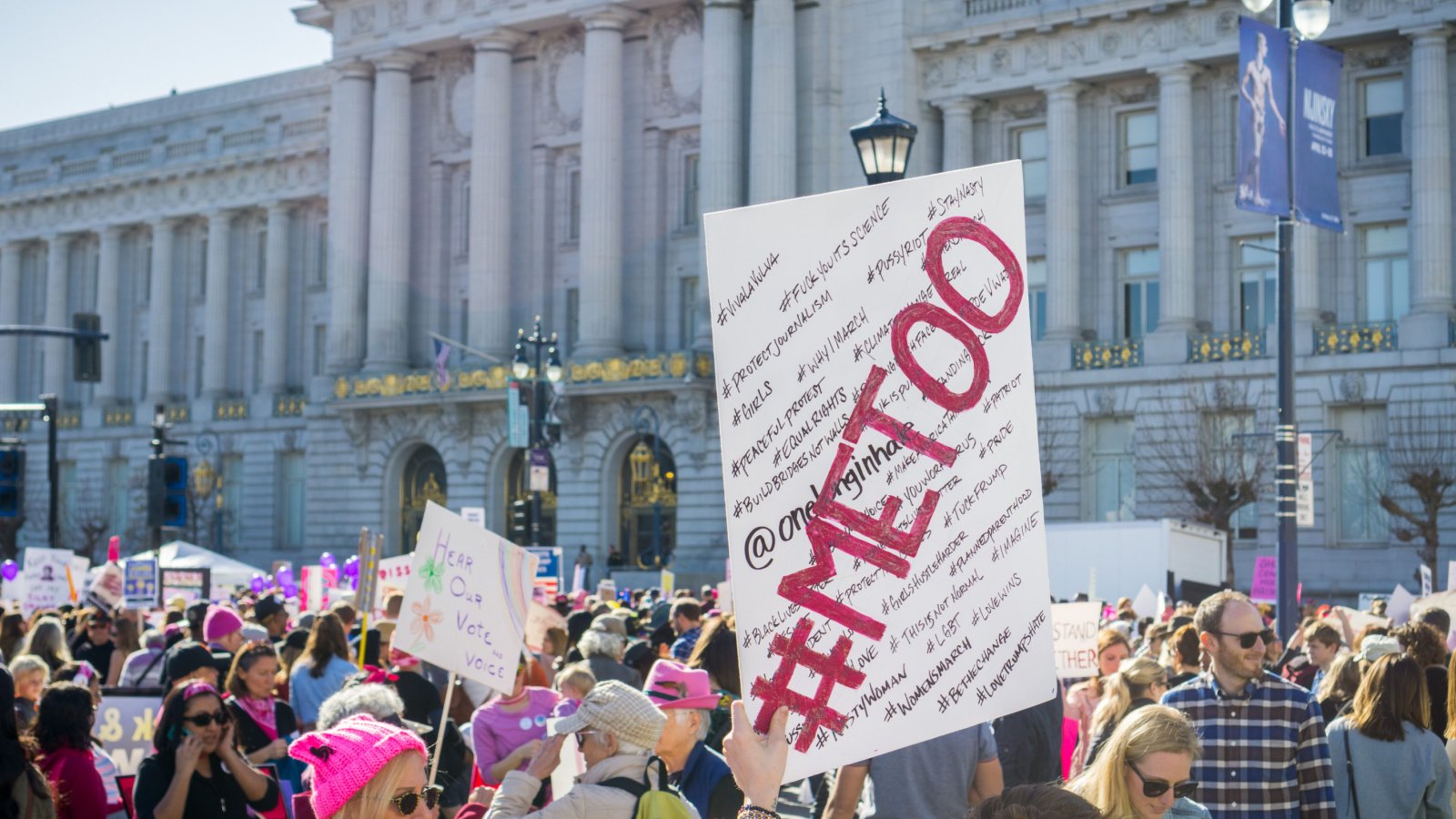
Once a call to awareness about social and racial injustices, “woke” is now used both as a badge of honor and an insult. Its politicization points to a divide over how societal issues should be acknowledged and addressed.
Patriot

“Patriot” has become a loaded term, suggesting unwavering support for one’s country but also used to question the loyalty of those with different views. The term can unite or exclude, depending on the context.
Cancel Culture

Describing a trend of publicly calling out and boycotting individuals or entities for perceived offenses, “cancel culture” is contentious. Critics argue it stifles free speech and debate, while proponents see it as holding the powerful accountable.
Second Amendment Rights
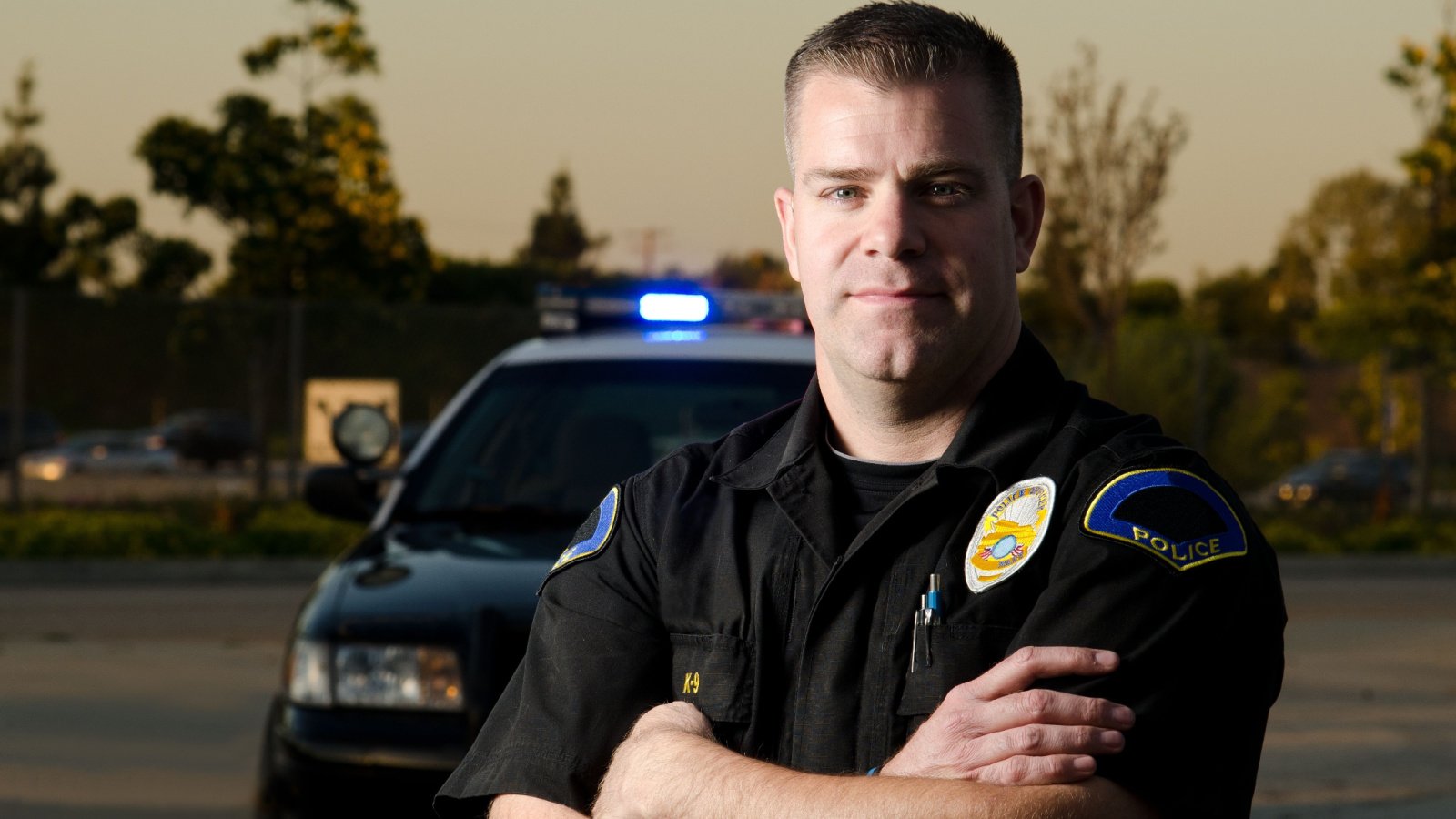
This phrase is central to the debate on gun control, signifying the constitutional right to bear arms. Advocates see it as fundamental to American liberty, while opponents fear it contributes to gun violence.
Healthcare as a Right

Asserting healthcare should be universally accessible, not just for those who can afford it, this phrase sparks debate over the role of government in health services. It divides those who see it as a moral obligation from those who prioritize personal responsibility and market solutions.
Pro-Life vs. Pro-Choice

These opposing stances on abortion rights encapsulate one of America’s most enduring social divides. The terms symbolize the clash over reproductive rights and moral beliefs.
Climate Change Hoax

This phrase signifies skepticism about the scientific consensus on climate change, polarizing environmental policy and economic interests. It reveals a chasm between those pressing for urgent action and those questioning the validity of the idea.
White Privilege

Highlighting systemic advantages for white people in society, “white privilege” is a concept that sparks intense discussion about race, equity, and justice. While some acknowledge it as a step toward understanding racial disparities, others view it as an unfair generalization.
The Liberal Elite

Used to critique what some perceive as out-of-touch attitudes among liberal policymakers and influencers, “the liberal elite” underscores feelings of disenfranchisement and cultural divide. It points to tensions between urban and rural values, education levels, and socioeconomic status.
Make America Great Again

Evoking nostalgia for a past era, this slogan divides those who see it as a call to restore lost values and those who question whose values are being centered. It’s a rallying cry for some and a symbol of regression for others.
Blue Lives Matter

In response to calls for policing reform, “Blue Lives Matter” emerged to underscore the risk and sacrifice law enforcement officers face. While intended to show support for the police, it’s seen by some as undermining the Black Lives Matter movement.




